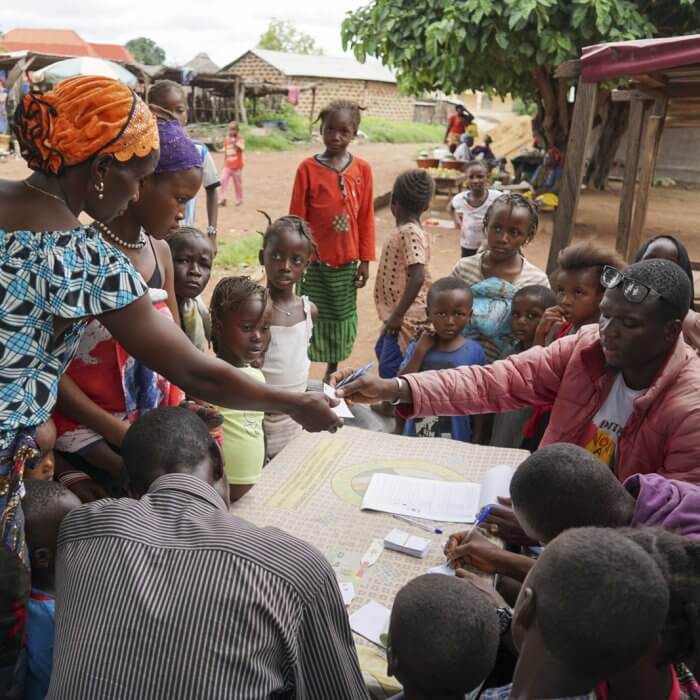Health Systems Strengthening
The Challenge
At R4D, we define a health system as people, inputs, institutions, policies and processes, and how they interact to deliver high-quality, affordable health care for all.
Unfortunately, health systems in many countries around the world often have inadequate policies and regulations. They lack efficiency, responsiveness, creativity and sufficient performance accountability measures. These systems are unable to make the most of the resources they have, aren’t flexible enough to meet changes in health needs and health emergencies and fail to attract greater allocations of national resources because of perceived (and often real) low performance.
To the contrary, strong, well-functioning health systems have many benefits. Through primary care and other approaches, a strong health system can provide holistic care that ensures a person’s well-being throughout their life. Strong systems are equitable — delivering health benefits to everyone, especially the most vulnerable. Strong systems are resilient and adaptable, and structured to perform for their patients. And importantly, strong systems don’t depend on outside assistance — they’re self sustaining.
Our Approach
R4D focuses on the key elements of strong health systems, from sustainable financing to scaling innovations, to using data for decision-making, and works with change agents to support the development of context-specific, evidence-based solutions.
- We co-develop and implement solutions that address a range of disease areas, including HIV, malaria and pneumonia, as well as the overall organization and financing of health institutions to attain long-term, systems-level impact.
- We facilitate the development of solutions by convening stakeholders from within health systems. Together, they adapt and apply tools to diagnose and find context-appropriate remedies to system deficiencies. For example, R4D has worked with district-level health managers in Guinea to help them identify and address health system challenges.
- We provide management, coordination and technical input for a variety of global and regional learning and practitioner communities in support of health systems strengthening, including the Joint Learning Network for Universal Health Coverage and the African Collaborative for Health Financing Solutions.
- We support global institutions and countries to develop new ways of measuring the performance of primary health care systems.
- We focus on strengthening health systems by advising on policymaking, structuring accountability mechanisms, systematic problem identification and planning from grassroots to national levels, capacity building, facilitation of peer-to-peer learning and analysis and research.
Photo: Swasth Health Clinic ©Center for Health Market Innovations/R4D















